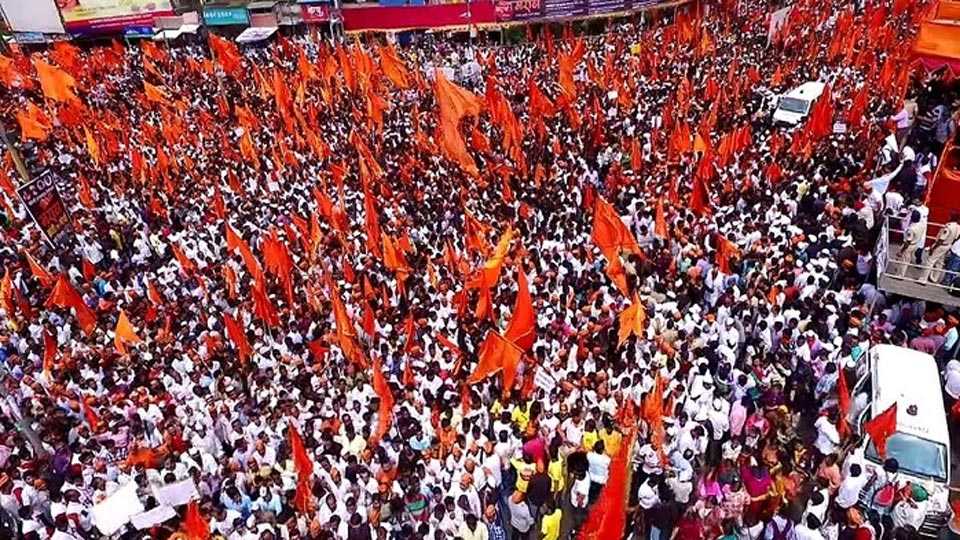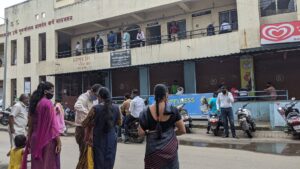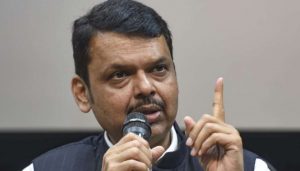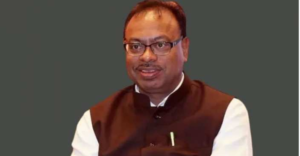Maratha Community Gains 10% Reservation in Maharashtra, Cabinet Clears Path for Social Upliftment

Mumbai, 20th February 2024: The Maratha community in Maharashtra is set to receive a 10% reservation, as approved by the Cabinet after reviewing the report presented by the Maharashtra State Backward Class Commission. Before the Special Session of the Maharashtra Assembly, the Cabinet, led by Chief Minister Eknath Shinde, endorsed the report highlighting the backward status of the Maratha community. Chief Minister Eknath Shinde subsequently introduced the bill during the legislative session. The report from the Maharashtra State Backward Class Commission underscores the backwardness of the Maratha community and emphasizes the existence of exceptional circumstances warranting a reservation exceeding 50%.
The Commission, led by Chief Justice Sunil Shukre, determined that the Maratha community constitutes 28% of the entire state of Maharashtra. With approximately 52% of reservations already allocated to various castes and groups within the reserved category, the Commission has conveyed in its report that categorizing the Maratha community, representing 28% of Maharashtra’s population, under another backward category would be unconventional.
In addition to the minority educational institutions outlined in Clause I of Article 30 of the Constitution of India, other private educational institutions are also covered. A reservation of 10% of the total seats in admissions, regardless of whether they are subsidized by the State or not, and 10% of the total number of direct service recruitments in public services and posts under the State’s control, will be specifically reserved for the socially and educationally backward classes.
In the context of reservation for socially and educationally backward classes as per this Act, the concept of the advanced group shall be applicable. Reservation under this Act will be granted exclusively to individuals from socially and educationally backward classes who do not fall into the advanced group. The Maratha community, identified as a socially and educationally backward class group, should be officially recognized as such under Article 342C3 of the Constitution of India. Consequently, reservation should be implemented for this class under the provisions of Article 15(4), 15(5), and Article 16(5) of the Constitution.
The Commission has highlighted exceptional circumstances that warrant limited reservations exceeding 50% in public services and posts for the Maratha community. The Commission recommends a 10% reservation for the Maratha community in public services and another 10% reservation in admissions to educational institutions, addressing the unique needs of this community.
The Government of Maharashtra has thoroughly reviewed and endorsed the report, including its findings, conclusions, and recommendations presented by the Commission. Following a detailed examination of the report’s diverse aspects about the Maratha community, considering empirical, quantitative, and contemporary evidence, along with the facts and statistics presented therein, the government holds the opinion that:
1) The Maratha community is identified as a socially and educationally backward class and should be officially designated as such under Article 342A(3) of the Constitution of India. Reservation should be implemented for this class under the provisions of Article 15(4), 15(5), and Article 16(4) of the Constitution.
2) The presence of exceptional circumstances, as specified by the Commission, justifies providing reservation to the Maratha community beyond the limit of 50% in admissions to educational institutions and in public services and posts.
3) It is deemed necessary and beneficial to grant 10% reservation in public services and 10% reservation in admissions to educational institutions for the Maratha community.
4) The enactment of a special provision by law for reservation in public services is deemed desirable to uplift socially and educationally backward classes, as well as for admissions to educational institutions, excluding minority educational institutions outlined in Clause (1) of Article 30 of the Constitution of India.
5) Clause (3) of Article 342A of the Constitution empowers the State to legislate for the identification and maintenance of a list of socially and educationally backward classes. Under Articles 15(4), 15(5), and 16(4) of the Constitution, the State may enact laws to provide reservation for such classes in educational institutions and public services.
6) In light of the above considerations, several decisions favouring the Maratha community have been made in the state of Maharashtra. The Government of Maharashtra believes it is advisable to enact a new law for the specific identification of the Maratha community as socially and educationally backward classes, facilitating their upliftment through reservation of seats in educational institutions and appointments in services and posts under the control of the State, along with any related or incidental provisions.








